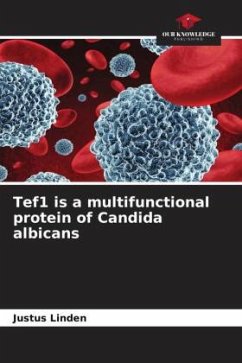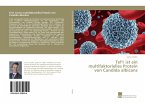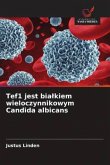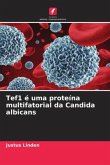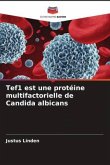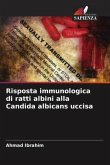This study is the first to demonstrate at the cellular level the contribution of a single surface protein to complement and immune evasion by Candida albicans. Tef1 (translation elongation factor 1) is a moonlighting protein of C. albicans. It is expressed on the cell surface, secreted, and also localized in the cytoplasm as a translation factor. Tef1 acts both as CRASP (complement regulator acquiring surface protein) directly at the site of expression and as a secreted protein away from the fungal cell surface. Tef1 binds to cells and components of the innate immune system and also influences the adaptive immune system, especially B cells. Overall, Tef1 is a multifactorial immune evasion protein of C. albicans. Its moonlighting characteristic as a surface and secreted protein allows Tef1 to modulate both the innate (complement cascade) and adaptive immune responses (B cells). Thus, Tef1 enables the persistence of C. albicans in the human organism in a variety of ways.
Bitte wählen Sie Ihr Anliegen aus.
Rechnungen
Retourenschein anfordern
Bestellstatus
Storno

